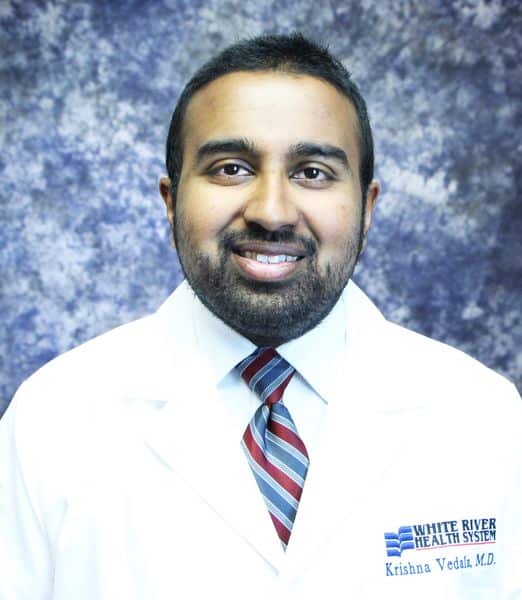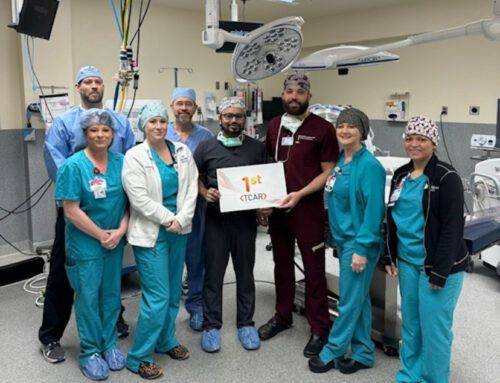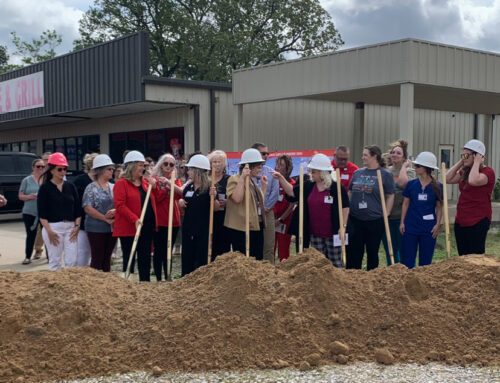A little over 10 years ago, I made the decision to spend the rest of my life as a physician. I wanted to do it because I felt the medical field would allow me to take care of others, while at the same time provide me with rewarding challenges. Since then, that decision has taken me through a remarkable journey of failures, successes and self-appreciation.
By all means, it has been a difficult road. In six months, nine others and myself will graduate from the Internal Medicine residency program at White River Medical Center, a task that is the culmination of nearly a decade of determination and sacrifice. Now as I self-reflect over that past decade, I have had the privilege of answering questions from many of my patients, including those here in Batesville. And one of the questions many patients have asked me is what is a resident physician?
Resident physicians are physicians-in-training who have undergone a rigorous medical curriculum and obtained a medical degree from an accredited institution. A residency is essentially a stage of medical training that can range from three to seven years depending on the specialty. In total, the average amount of education and training post high school required for becoming a full-fledged practicing physician is about 12 years.
During their training, residents are supervised and guided by established physicians also known as attendings. Completion of residency is a requirement in order to obtain a medical license to practice. Resident physicians undergo a rigorous curriculum by rotating for a few weeks between different aspects of medical practice such as inpatient (hospital) service, outpatient (clinical) settings, emergency department and other specialties (cardiology, neurology, pulmonology). Resident physicians often work long hours and high number of hours per week; however, they are restricted to an average of 80 hours per week.
Being seen by a resident physician has its own benefits. First, you will be seen by two providers, both a resident and a supervising attending, thereby providing you with more comprehensive care. Second, a resident physician has more time to spend with patients because they do not have as many time constraints as attending physicians. More available time means more time for you to ask questions and address your concerning needs. In addition, studies have shown that being cared for by resident physicians also tends to improve patient care quality and outcomes.
Being a resident physician for the past few years has not been an easy task; however, I found myself to be very fortunate to have spent my time training here in Batesville. As Resident Physicians, we appreciate everyone in our community for helping us in our path to becoming better physicians. We, as your WRMC providers, are here to serve you. Our goal is to provide you with competent medical knowledge and to help assist you in maintaining and improving your overall well-being. Please feel free to reach out if you have any further questions. Dr. Krishna Vedala is a third-year resident physician at White River Medical Center. He is from Oklahoma and received his MD and Masters in Public Health from the University of Oklahoma. His hobbies include writing, watching football and basketball, and traveling.





